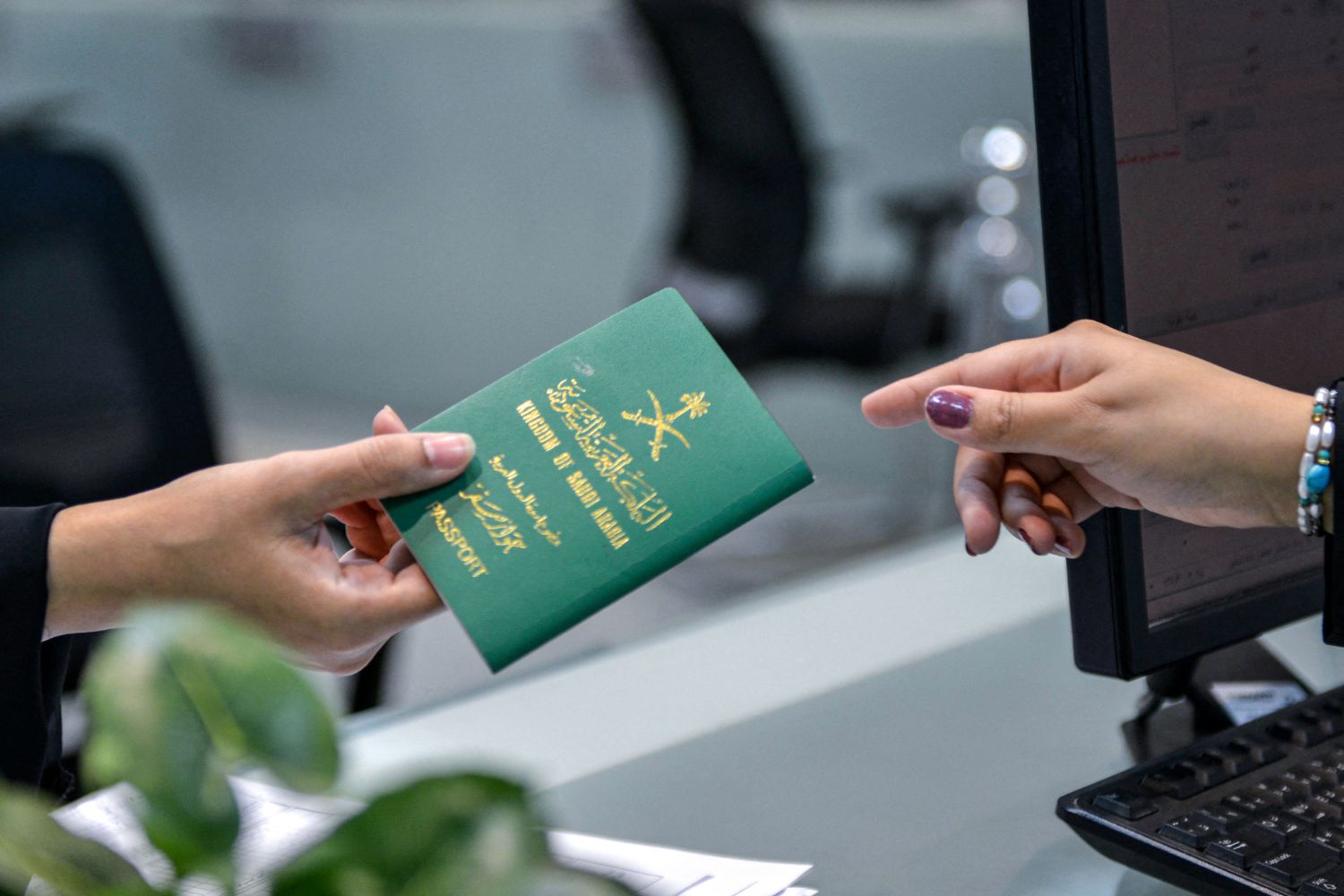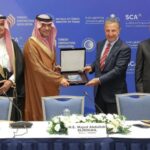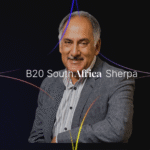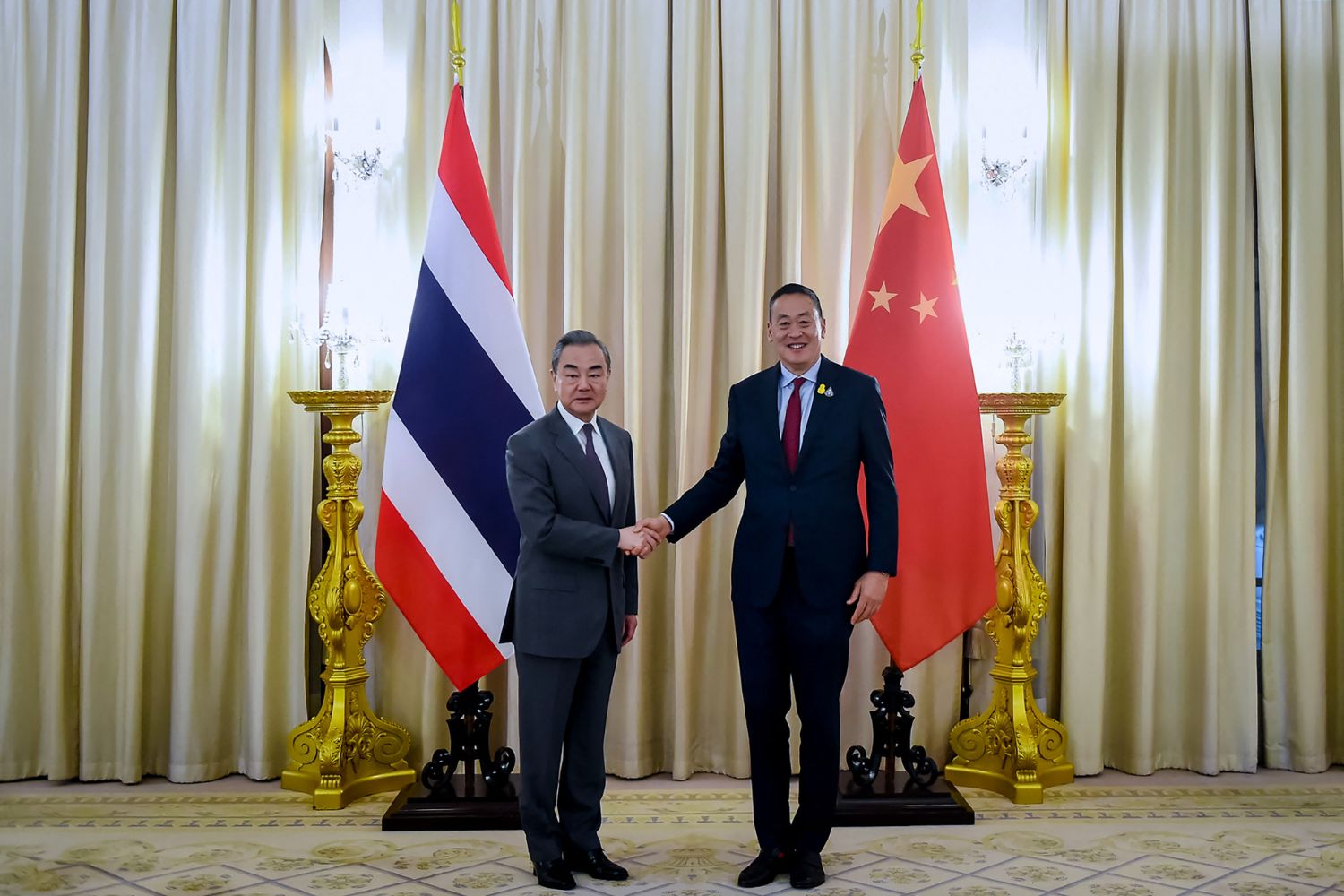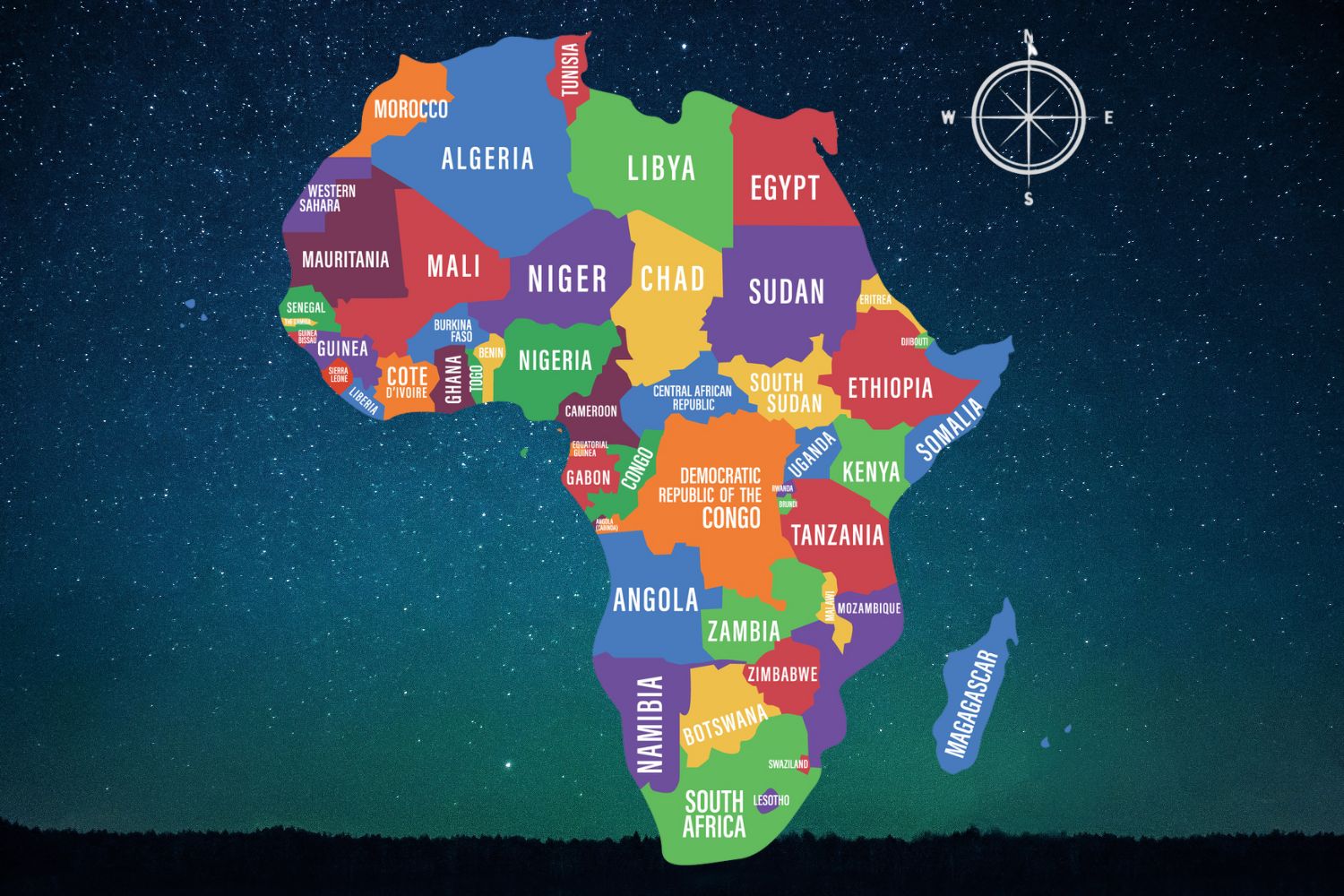In a significant move to bolster its national development, Saudi Arabia has granted citizenship to a group of distinguished individuals, including scientists, medical doctors, researchers, innovators, entrepreneurs, and other talented professionals. This decision aligns with a royal decree aimed at attracting exceptional global talent to the Kingdom.
The announcement is made in line with the issued Royal decree to grant Saudi citizenships to experts and exceptional global talents with unique competencies in religious, medical, scientific, cultural, sports, and technological fields, contributing to the development of various sectors throughout the Kingdom. It is also in support of achieving the Kingdom’s Vision 2030 goal, of creating an attractive environment, an investment hub and economically thriving nation.
The Royal decrees are a common feature in monarchies around the world. While the specifics of how they are implemented and their scope can vary, they generally serve as formal orders issued by a monarch that carry the force of law. Initially, royal decrees focused on the consolidation of power and the establishment of a stable government. As the country evolved, the nature of these decrees also diversified, addressing a broader spectrum of issues including economic reforms, social policies, and international relations.
The process of issuing a royal decree typically begins with the identification of a need or issue that requires the king’s intervention. This can be prompted by various factors, including recommendations from government officials, public demand, or strategic considerations. Once the need is identified, a draft of the decree is prepared, often involving consultations with legal and administrative experts.
The tradition of issuing royal decrees in Saudi Arabia dates back to the formation of the modern Saudi state in 1932 under the leadership of King Abdulaziz Al Saud. Since then, royal decrees have played a pivotal role in the governance and administration of the Kingdom. Over the decades, they have been instrumental in shaping the country’s political, social, and economic landscape.
Similarly to Saudi Arabia, In the UK, royal decrees are known as royal proclamations or orders-in-council. Although the UK is a constitutional monarchy with a parliamentary system, the monarch issues orders on the advice of the Privy Council or government ministers. In Spain, royal decrees are issued by the king but must be countersigned by the Prime Minister or another minister to be valid. Although Japan is a constitutional monarchy with a parliamentary system, the Emperor can issue imperial ordinances on the advice and approval of the Cabinet.
The royal decree underscores Saudi Arabia’s commitment to diversifying its economy and enhancing its human capital as part of its Vision 2030 initiative. Vision 2030, a strategic framework unveiled by Crown Prince Mohammed bin Salman in 2016, aims to reduce the Kingdom’s dependence on oil, diversify its economy, and develop public service sectors such as health, education, infrastructure, recreation, and tourism.
By granting citizenship to individuals with exceptional skills and expertise, Saudi Arabia aims to foster innovation and excellence in key sectors. This move is expected to significantly contribute to the Kingdom’s economic growth, technological advancement, and cultural enrichment.
The selection criteria includes experts in Islamic theology and jurisprudence who can contribute to the Kingdom’s cultural and religious discourse. Leading doctors and researchers who can enhance the healthcare system and contribute to medical research and innovation. Individuals at the forefront of scientific discovery and technological innovation, crucial for driving the Kingdom’s research and development initiatives. Artists, writers, and cultural innovators who can enrich Saudi Arabia’s cultural landscape and promote its heritage globally.
Athletes and sports experts who can contribute to the development of sports and physical education in the country. Entrepreneurs and tech experts who can drive the Kingdom’s digital transformation and support its growing tech industry. This strategic initiative is integral to achieving Vision 2030’s goals, which include transforming Saudi Arabia into a global investment powerhouse and a hub for innovation.
By attracting and retaining top-tier talent from around the world, the Kingdom aims to create a dynamic and competitive environment that supports sustainable development. The royal decree not only enhances the kingdom’s human capital but also sends a strong message about Saudi Arabia’s openness to global expertise and its commitment to building a diverse and inclusive society.
Saudi Arabia’s decision to grant citizenship to exceptional global talents marks a significant step in its journey towards achieving Vision 2030. By investing in human capital and fostering a culture of innovation and excellence. This move highlights Saudi Arabia’s dedication to creating an attractive and supportive environment for talented individuals from around the world, paving the way for a prosperous and dynamic future.
ALSO READ: Saudi Arabia simplifies study visa application process


